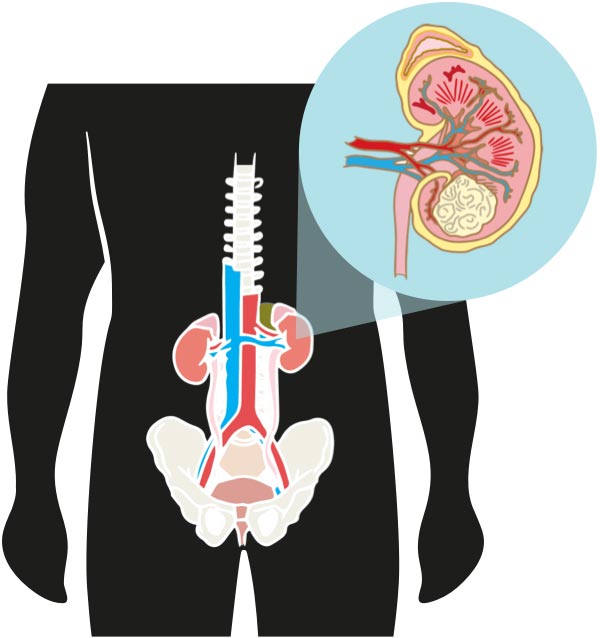There a number of symptoms you should look out for, including:
- blood in your pee
- low back pain on one side
- a lump in the belly area, side or lower back
- not feeling hungry
- losing weight without meaning to
- low levels of iron in the blood (anaemia)
- feeling really tired for no reason
Having these symptoms many not mean you have cancer, but it’s really important to check.
If you have any of these problems, or are worried about something else, yarn with your doctor, nurse or Aboriginal and/or Torres Strait Islander health worker.
Blood in the urine should never be ignored.






